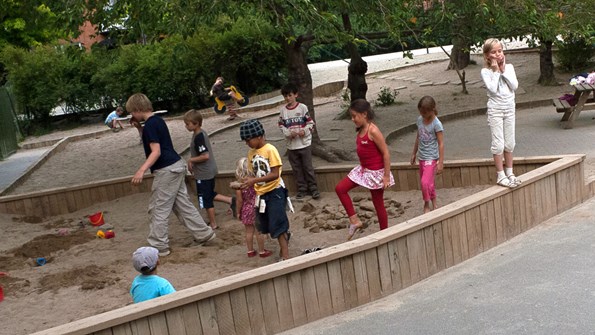Research group RECEUM (Research in Early Childhood Education, Umeå University), is a research initiative at Umeå University, hosted by the Department of Applied Educational Science.
RECEUM brings together researchers and educators focused on early childhood education, including research on preschool and leisure-time centres. The aim is to bridge research and practice, and to build strong networks and collaborations between researchers, educators, and representatives from preschool and leisure-time centre activities—locally, nationally, and internationally. RECEUM has established collaborations and visiting scholar exchanges with research groups at institutions such as Humboldt University, University of Bielefeld, Åbo Akademi, and the University of Newcastle (Australia), and regularly participates in national and international conferences.
Below are some of the research areas within Early Childhood Education (RECEUM):
This area includes research on aesthetic forms of expression, language development, cultural diversity, digitalisation, science education, and sustainability. It also addresses questions about the nature of knowledge in both research and practice. The research touches on teacher education, professional development, organisational issues, and curricula, often from subject didactic, special education, socio-material, and spatial perspectives.
Contact person: Sofie Areljung
This area explores questions of democracy, equality, ethics, children's influence and participation, and approaches to environmental and sustainability issues. The research investigates how gender, ethnicity, and socio-economic and cultural backgrounds interact with context and processes within ECEC (Early Childhood Education and Care) and children's lifeworlds, and how these contribute to shaping identities and values.
Contact person: Annika Manni
This area focuses on national and international policies for preschool and leisure-time centres. The research addresses Swedish and European policy documents, market orientation, privatisation, and curriculum reforms and processes.
Contact person: Maria Rönnlund

Maria Rönnlund, new professor of educational work, has studied pupils’ participation and influence at school.